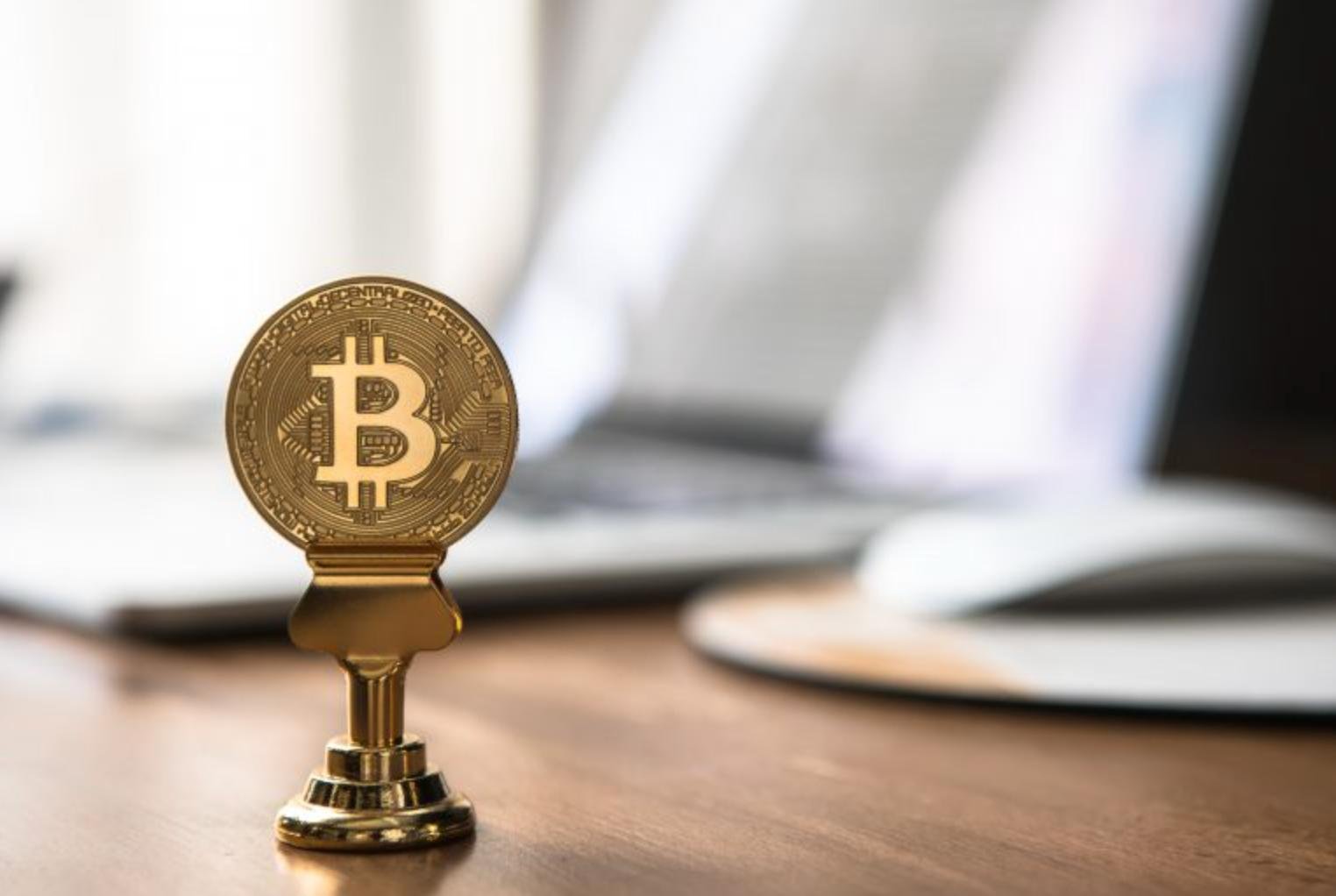In a strategic move that underscores Singapore’s commitment to becoming a global digital-asset hub, the Monetary Authority of Singapore (MAS) has granted a Major Payment Institution license to GSR Markets. This decision marks a significant development in the cryptocurrency landscape, where regulatory clarity is often amiss.
The licensing of GSR Markets by MAS is not just a win for the company but a beacon for the industry at large. It represents a rare instance of a crypto market maker receiving official sanction to operate within a well-defined regulatory framework. This move could set a precedent for other nations grappling with the integration of digital assets into their financial ecosystems.
The decision comes at a time when the global crypto market is witnessing a resurgence, with Bitcoin leading a bullish trend. Market makers like GSR play a crucial role in providing liquidity, and regulatory approval adds a layer of legitimacy and trust that could attract more institutional investors to the space.

Singapore’s proactive approach to digital assets is part of a broader vision to establish itself as a fintech leader. The city-state has long been a finance powerhouse, and by embracing potential disruptors like virtual-asset firms, it aims to bolster its position in the evolving financial landscape.
The MAS has been forward-thinking in its regulatory stance, seeking to balance innovation with investor protection. The recent expansion of digital-asset regulation to include custody services and all crypto-related fund transfers is a testament to Singapore’s nuanced understanding of the sector’s needs and risks.
The licensing of GSR Markets signifies a maturing of the crypto industry and could influence regulatory approaches worldwide. As countries observe Singapore’s integration of digital assets into its financial system, they may be inspired to adopt similar measures that support innovation while ensuring market stability.
The MAS’s actions could encourage other regulators to provide clear frameworks for digital assets, fostering an environment where the crypto industry can thrive responsibly. This could lead to a more standardized global approach to crypto regulation, benefiting both businesses and consumers.
